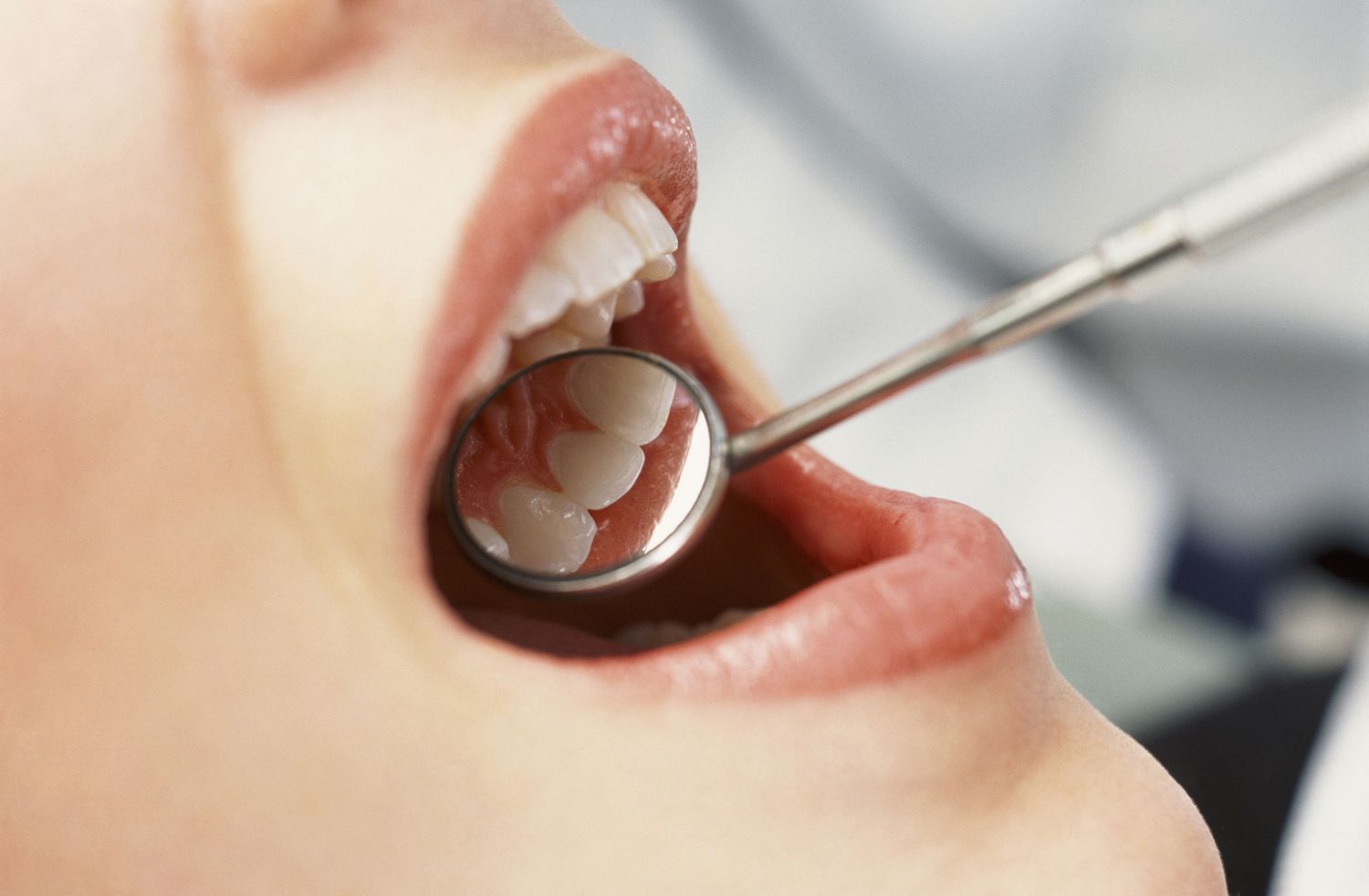
Good oral health is essential for overall well-being. Dental problems can cause discomfort, pain, and even impact our ability to eat and speak properly. Understanding common dental problems and adopting preventive measures can go a long way in maintaining a healthy smile. When it comes to finding a reliable and skilled Pediatric Dentist Boca Raton FL, Arizona, look no further than Peoria Dentist Arizona. Our dental practice is committed to delivering exceptional oral care to our patients, ensuring their smiles are healthy, bright, and beautiful. In this comprehensive article, we will discuss various dental issues and provide valuable insights from a dentist to help you prevent them. Read on to discover effective ways to care for your teeth and gums.
The Importance of Oral Health
Maintaining good oral health is crucial for several reasons. Not only does it contribute to a confident smile and fresh breath, but it also plays a significant role in overall health. Poor oral hygiene can lead to various dental problems, including cavities, gum disease, and tooth loss. Additionally, research has shown a link between oral health and systemic conditions like cardiovascular disease and diabetes. By taking proactive steps to prevent dental issues, you can safeguard your oral health and enjoy a better quality of life.
Common Dental Problems
1. Tooth Decay and Cavities
Tooth decay, commonly known as cavities, is a prevalent dental problem worldwide. It occurs when harmful bacteria in the mouth produce acids that erode the tooth enamel. Poor oral hygiene, sugary foods and beverages, frequent snacking, and inadequate fluoride intake contribute to tooth decay. Symptoms include tooth sensitivity, pain, and visible holes or pits in the affected teeth. Regular brushing, flossing, and dental check-ups can help prevent cavities. Fluoride treatments and dental sealants are also effective preventive measures.
2. Gum Disease
Gum disease, also called periodontal disease, affects the gums and supporting tissues around the teeth. It begins with gingivitis, characterized by red, swollen, and bleeding gums. If left untreated, it can progress to periodontitis, causing gum recession, bone loss, and even tooth loss. Poor oral hygiene, smoking, genetic factors, and certain medical conditions increase the risk of gum disease. Maintaining good oral hygiene practices, quitting smoking, and regular professional cleanings are crucial in preventing gum disease.
3. Tooth Sensitivity
Tooth sensitivity is a common dental complaint experienced when the tooth enamel wears down, exposing the underlying dentin and nerve endings. This condition can cause discomfort or pain when consuming hot, cold, sweet, or acidic foods and drinks. Brushing too hard, using abrasive toothpaste, gum recession, and teeth grinding can contribute to tooth sensitivity. Using desensitizing toothpaste, avoiding acidic foods, and practicing proper oral hygiene can help alleviate sensitivity and protect the teeth.
4. Bad Breath (Halitosis)
Bad breath, medically known as halitosis, can be embarrassing and socially distressing. It is often caused by poor oral hygiene, food particles trapped between teeth, dry mouth, gum disease, or certain medical conditions. Regular brushing, flossing, tongue scraping, and using mouthwash can help combat bad breath. Maintaining good oral hygiene practices and addressing any underlying dental or medical issues can effectively treat halitosis.
5. Tooth Loss
Tooth loss can occur due to various factors, including tooth decay, gum disease, trauma, or congenital conditions. Missing teeth not only affect your appearance but also impact your ability to chew and speak properly. Maintaining excellent oral hygiene, regular dental check-ups, and promptly treating dental issues can help prevent tooth loss. In cases of tooth loss, dental implants, bridges, or dentures can restore the functionality and aesthetics of your smile.
Preventive Measures for Dental Problems
Prevention is key when it comes to maintaining optimal oral health. Here are some effective preventive measures you can take:
1. Practice Good Oral Hygiene
Brush your teeth at least twice a day using a fluoride toothpaste. Use a soft-bristled toothbrush and gentle, circular motions to clean all tooth surfaces. Don’t forget to brush your tongue to remove bacteria and freshen your breath. Additionally, floss daily to remove plaque and food particles from between the teeth.
2. Adopt a Healthy Diet
Limit your intake of sugary and acidic foods and beverages, as they contribute to tooth decay. Instead, opt for a balanced diet rich in fruits, vegetables, whole grains, lean proteins, and dairy products. These provide essential nutrients for strong teeth and gums.
3. Limit Snacking and Sugary Drinks
Frequent snacking and sipping sugary drinks throughout the day expose your teeth to constant acid attacks. Instead, choose healthier snacks like fresh fruits, vegetables, or unsweetened yogurt. Drink plenty of water to stay hydrated and rinse away food particles.
4. Avoid Tobacco and Alcohol
Smoking and excessive alcohol consumption increase the risk of gum disease, oral cancer, and other dental problems. Quitting smoking and reducing alcohol intake can significantly improve your oral health.
5. Visit Your Dentist Regularly
Schedule regular dental check-ups and professional cleanings every six months or as recommended by your dentist. These visits allow early detection of dental issues and professional removal of plaque and tartar.
6. Wear Mouthguards for Sports
If you participate in contact sports or activities with a risk of dental injuries, wear a mouthguard. Custom-fitted mouthguards provide optimal protection for your teeth and prevent potential dental trauma.
Conclusion
Maintaining excellent oral health is a lifelong commitment that requires consistent effort and preventive measures. By understanding common dental problems and adopting a proactive approach, you can prevent many issues and enjoy a healthy, beautiful smile. Remember to practice good oral hygiene, follow a balanced diet, and visit your dentist regularly. With these essential steps, you can leave dental problems behind and prioritize your overall well-being.


